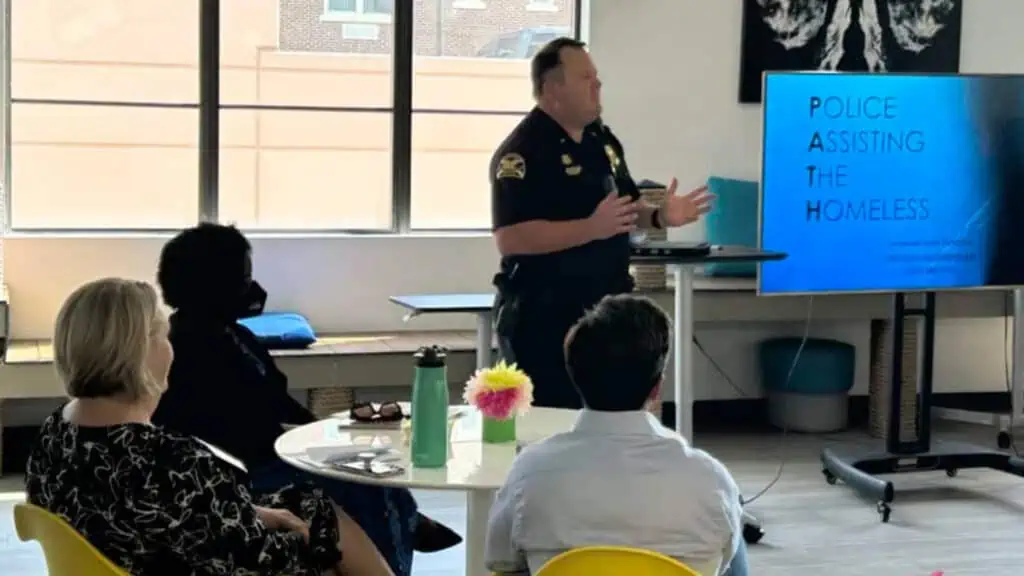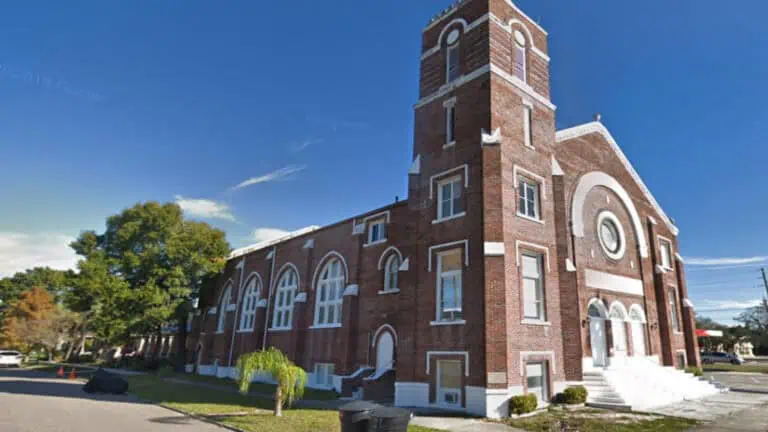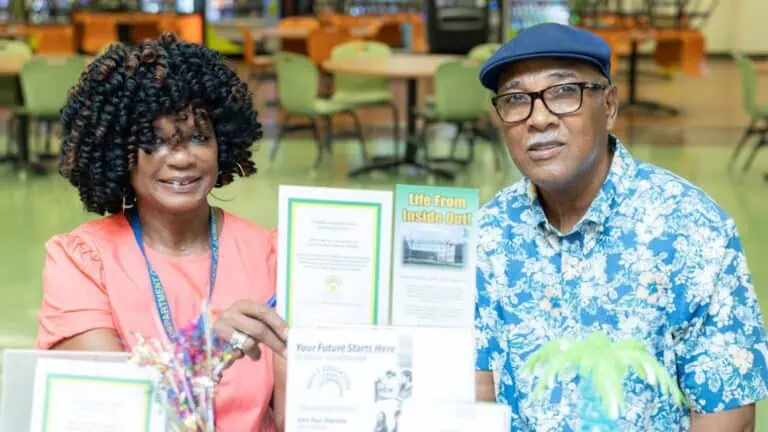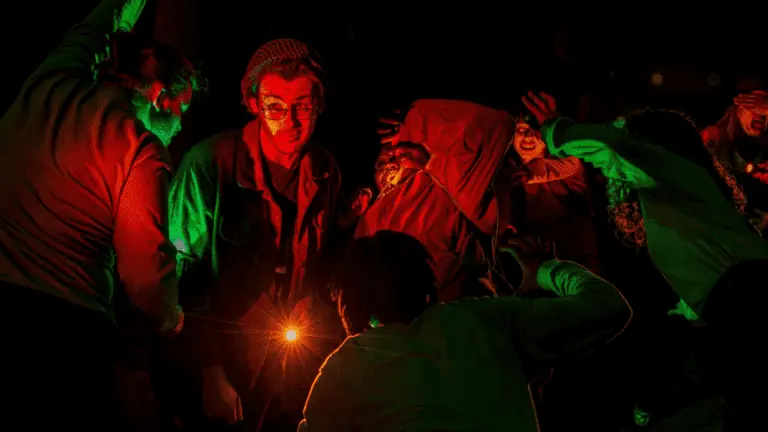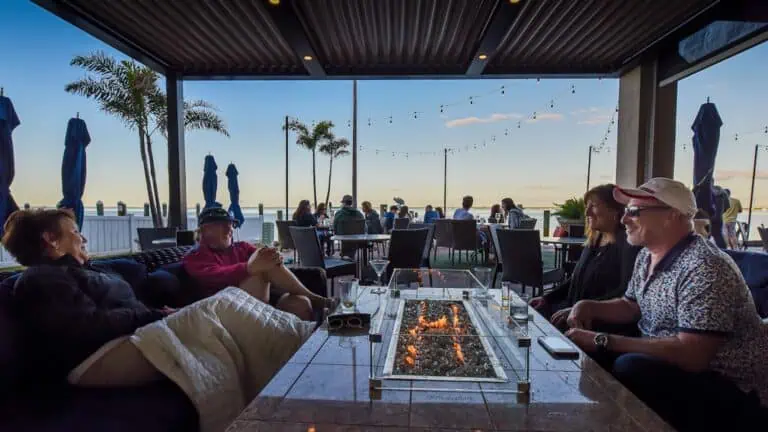The monthly Downtown Partnership Developers Council convened on Tuesday at Thrive DTSP coworking space (136 4th Street N.) to discuss one of the city’s toughest topics: homelessness. Representing members of the community on the frontline of the effort to help the homeless were Lt. Kenny Miller from the St. Petersburg Police Department and Amy Foster and Helen Rhymes from the City of St. Petersburg’s Housing and Neighborhood Services office.
The meeting was held against the backdrop of House Bill 1365, recently signed by Governor Ron Desantis, which makes it illegal for people to sleep in parks, on sidewalks and in other public spaces. Highlighting the high priority city leaders and stakeholders are placing on homelessness, attending the meeting were City Council Member Gina Driscoll, former State Representative Jeff Brandes, and Congresswoman Kathy Castor.
ADVERTISEMENT
The PATH unit and social services
Lieutenant Miller, a 23-year veteran of the police force, is in charge of the downtown corridor and oversees the PATH unit (Police Assisting the Homeless). The unit consists of six fully dedicated officers and a sergeant. Acknowledging that individuals are not always comfortable engaging with law enforcement, Miller said, “We work hand in hand with a lot of different social services.”
He emphasized that homelessness is not a crime and made the distinction that it isn’t illegal to sleep in parks during the day. “We already comply with that bill (HB 1365),” he said, citing city ordinances already in effect. “When we see someone sleeping on a sidewalk, we have to offer them a shelter first. Give them a warning and give them an opportunity to move. And we have a camping ordinance that doesn’t allow camping on public property.”
If there are no shelter beds available, a person cannot be arrested for sleeping in public. Housing and Neighborhood Services Administrator Amy Foster said, “The State law is not in alignment with Federal law,” adding, “People have a constitutional right to take up space. People come down here from up north to actively try to bait us into lawsuits on a regular basis. These are expensive lawsuits for the city to resolve.”
Asked what could be done to ensure there’s always room in shelters, she said, “Funding is the biggest part of it.”
For more than 30 minutes, Foster and social worker Helen Rhymes engaged with developers in an earnest discussion about the resources available and gave an in-depth look at the complex ways the city and more than 40 non-governmental entities work to address homelessness.
The conversation highlighted how truly complicated it is to approach someone living on the street. There are different rules for people sleeping in parks, people on private property, rights of way, church properties, and Department of Transportation property. Law enforcement and social workers have to address a different set of rules and rights for each situation. And then each individual offers their own set of variables: are they over 65, disabled, mentally ill, in need of acute medical care, a veteran, do they have children? Each case qualifies for different types of assistance. It can take many interactions with social workers to gather information and ultimately find the person a place to live. While the problem may seem unchanging, they find temporary and permanent shelters for people every day.
Rhymes explained, “Whether it’s giving them a food bag, helping them file a PSTA form, helping them apply for benefits, whatever their needs are, our goal is to help them get themselves, ultimately, to permanent housing.”
Foster noted the difficulty the issue presents for one municipality in a much larger region. “We have uneven resources. It would help if other communities in Pinellas County would do their fair share. Our beach communities put in nothing to the county system. Clearwater does not fund Safe Harbor like we are.”
Reasons leading to homelessness
Dispelling the notion that homeless people are a danger to residents, Foster said, “Most people are homeless due to financial problems, the second reason is family issues, the third is medical bills, the fourth is eviction, and the last is criminal history/substance abuse/mental health. That is why it takes a lot of different strategies and time to build rapport and really get to the bottom of what people need in order to make that difference.”
Homelessness is a major concern among citizens and businesses in St. Petersburg. Developers are often painted as not caring, or causing the issue. Efforts by the Downtown Partnership and the Developers Council run contrary to that narrative. They may be some of the more informed individuals on the topic and are motivated to be a part of the solution.
ADVERTISEMENT




